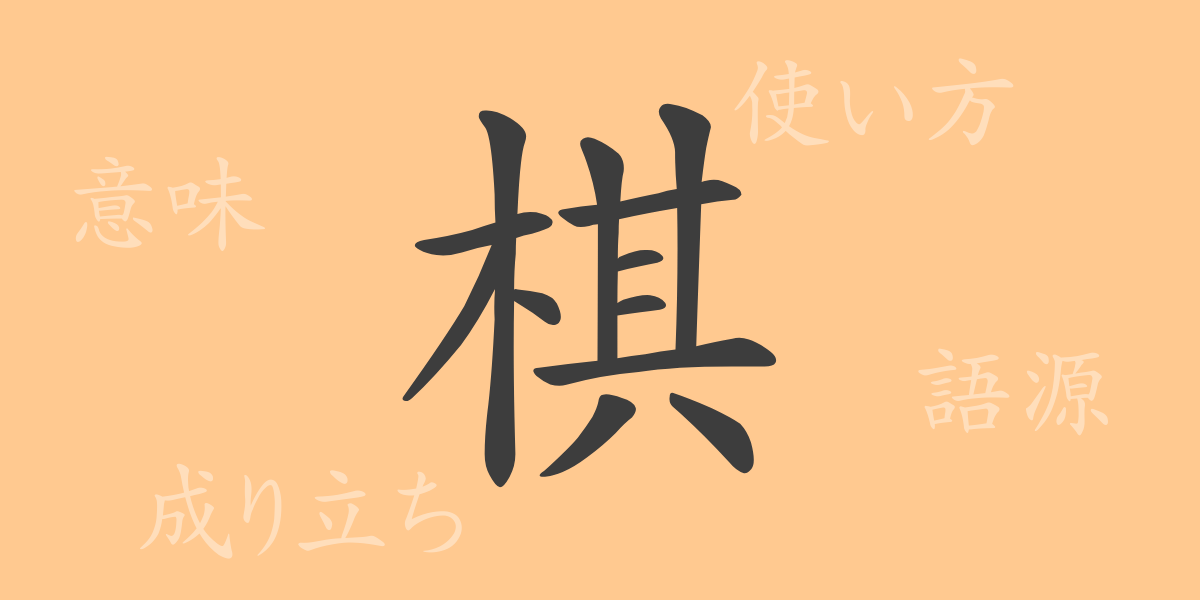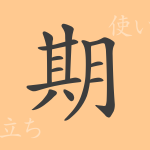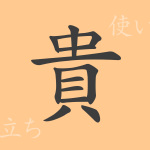The kanji “棋” (き), deeply rooted in Japanese culture, carries a meaning and history that transcends its existence as a mere character. In this article, we will explore its origins, modern usage, pronunciation, and even phrases and proverbs, delving into the beautiful world of this kanji.
Origin of 棋 (き)
The character “棋” (き) originates from the ancient Chinese character “契” (けい). Initially, it referred to ox bones or turtle shells inscribed with sacrificial texts for deities. Over time, “棋” (き), which derived from “契” (けい), came to denote board games that involve strategy and skill. It is most commonly used for games requiring deep thought, such as Go and Shogi.
Meaning and Usage of 棋 (き)
“棋” (き) is primarily used to refer to board games. Specifically, it denotes brain-intensive games like Go and Shogi and is used as a general term for such games. Metaphorically, it can also refer to the act of devising strategies or plans.
Pronunciation, Stroke Count, and Radical of 棋 (き)
The kanji “棋” (き) has several characteristics:
- Pronunciation: The on’yomi (Chinese reading) is “キ” (ki), with no specific kun’yomi (Japanese reading)
- Stroke count: A total of 12 strokes
- Radical: Wood radical (きへん)
Phrases, Idioms, and Proverbs Using 棋 (き) and Their Meanings
There are various phrases, idioms, and proverbs that include “棋” (き) in the Japanese language. For example, “棋士” (きし) refers to professional players of games like Go and Shogi, while “棋譜” (きふ) means a record of moves in a match. The phrase “一局の棋” (いっきょくのき) is used metaphorically to describe a situation or an event.
Conclusion on 棋 (き)
Through this article, we have gained a deeper understanding of the rich history and meaning behind the kanji “棋” (き). This character, transcending culture and language, symbolizes Japan’s traditional game culture and continues to play a vital role in conveying its value. For those who enjoy the strategic thinking and mental discipline of games like Go and Shogi, “棋” (き) represents a meaning that goes beyond a mere character.

























